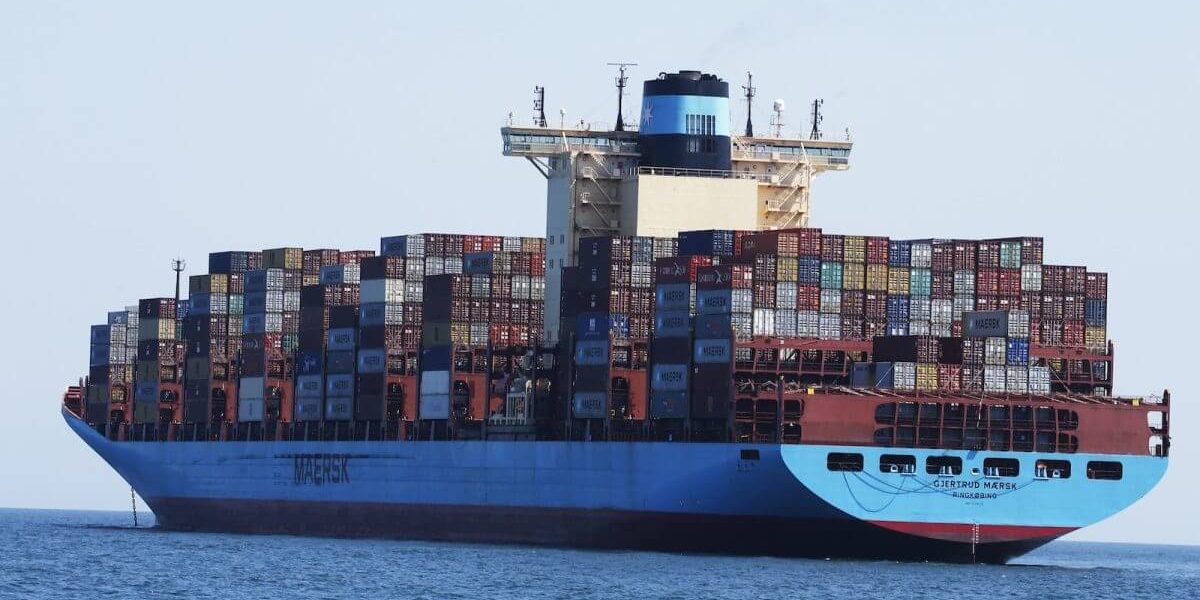One of the key challenges when it comes to sustainability is how to power massive vehicles, specifically those used for freighting and shipping larger cargoes across the globe, using more sustainable sources of energy. The international shipping industry is one of the main areas of concern here: accounting for around 3% of all the world’s greenhouse gas emissions, it is also one of the industries that are extensive in its use of fossil fuels.
Recently, four researchers from the Swiss Federal Institute of Technology (ETH) in Zurich, Switzerland embarked on a landmark analysis of the factors impacting the potential switch of bulk cargo ships from fossil fuels to renewable energy sources. Scientists Konstantinos Boulouchos, Gil Georges, Maximilian Heid, and Boris Stoltz have published their findings in the latest issue of renewable power journal Nature Energy.
The team’s work primarily focused on the European shipping industry, with a more specific interest in bulk shipping – a specialized area of the field for carrying bulk items like coal, agricultural products, and crude oil.
The research involved the analysis of the real-world numbers of how much fossil fuel was used to run these ships back in 2018 to serve as working points of comparison. The team then listed possible renewable alternatives to fossil fuels such as ammonia, hydrogen, methane, and synthetic diesel. Carbon dioxide capture and processing were also factored into the study, along with the potential use of rechargeable lithium-ion batteries.
What was most remarkable was the fact that switching to several of these renewable options meant reducing each ship’s total cargo load to make room for increased fuel storage. Also, renewable fuels were not as efficient as the fossil fuels currently in use. The study also pointed out that retrofitting ships for the use of more renewable power sources was not a viable option.
The team essentially discovered that many of the renewable fuels used in their study could be used to fuel bulk cargo ships, but the efficiency of these fuels varied considerably. Batteries of any kind, however, were not seen as a viable substitute for fossil fuels in this context.
Ammonia was also noted to be the best possible choice. However, there is no technology currently in use that would enable a quick shift from fossil fuels to this alternative. Further mechanical modifications would have to be done at considerable expense.
Alternative fuels may also drive up the cost of shipping up to six times the current rate in the future due to the current price accorded to alternative fuels. The researchers remain optimistic, though, that this will change soon given the rapid decline in alternative fuel prices over the past few years.







